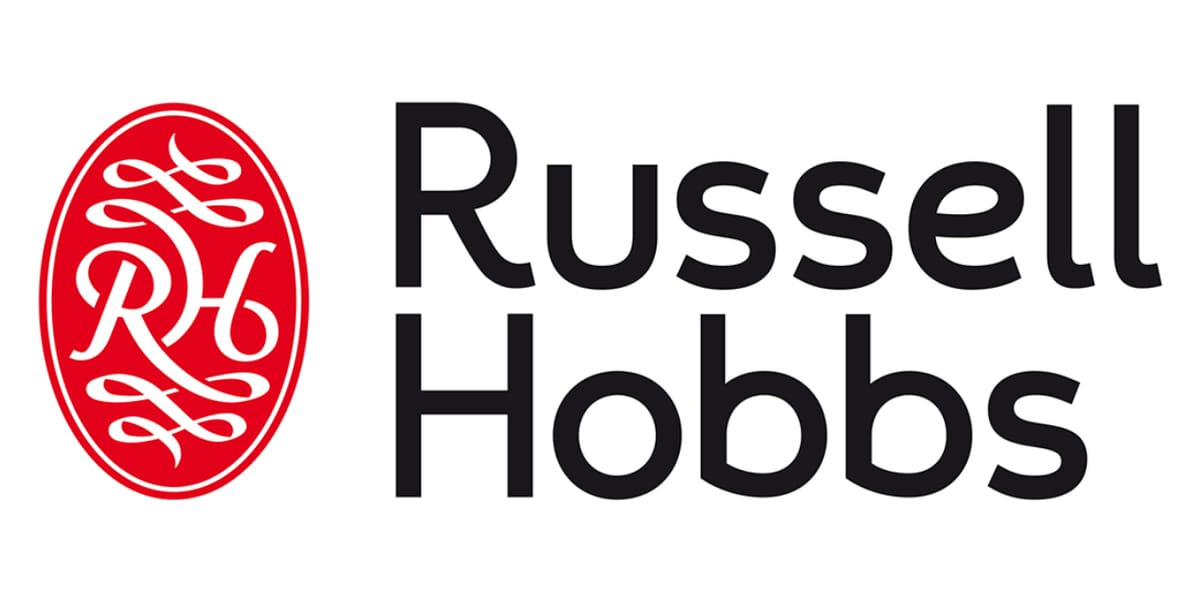Russell Hobbs

Bill Russell (22 July 1920 – 16 February 2006), from High Wycombe, was a Major with REME in World War II and after leaving in 1947, he joined the home appliance manufacturer, Morphy Richards. He became Chief Development Engineer, helping to design a pop-up toaster, an electric iron and a hairdryer.
Peter Hobbs (3 May 1916 – 11 April 2008), from Tunbridge Wells, was a Major in the Royal Engineers. He also worked for Morphy Richards, as manager of the South African division of the company. He returned to the UK in 1952, after a disagreement with Charles Richards over sales policy, and worked for another company, where he was trying to design a coffee percolator, with reference to a German patent.
Later in 1952 Bill Russell had a disagreement with Donal Morphy and joined Hobbs to form Russell Hobbs Ltd.
In 1952, they designed the world’s first automatic coffee percolator, the CP1, with Russell’s ingenuity, and started the Russell Hobbs company at 1 Bensham Lane in Broad Green, Croydon, Surrey, near the A213/A235 junction south of Mayday Hospital.
Russell was in charge of product development, and Hobbs was the sales director. Russell’s de facto ultimate safety test for any new product was to pour half a pint of boiling gravy on it. The company was always in profit from day one.
The automatic electric kettle K1 (a world first), designed in October 1955, used a bi-metallic strip at the rear of the kettle: steam was forced through an aperture in the lid of the strip and this knocked the switch, turning the kettle off. In 1960, the K2 kettle was introduced, which was manufactured for the next thirty years, and was possibly its best known product.
They became part of the TI (Tube Investments) group in 1962. Tube Investments also owned Sunhouse, Radiation, Jackson, New World, Ascot and Raleigh bikes. Production was moved to two locations: Wombourne, near Wolverhampton in Staffordshire, which became known as Russell Hobbs Tower, where it shared the space with Creda, and Blythe Bridge on Grindley Lane, Stoke-on-Trent, in a former aircraft factory, which it shared with Simplex Electric Co Ltd (owner of Creda) and Simplex-GE.
By the late 1960s Russell Hobbs were chiefly manufacturing automatic electric coffee pots, vapour-controlled electric kettles, and tea makers.
The heyday of the TI Group was in 1978, led by Managing Director David Durham. By now the Domestic Appliance division of TI had moved to Radiation House on the North Circular Road in Neasden. However, by the early 1980s the TI Group was facing difficulties, with its workforce halving. TI sold off their consumer brands, on 11 December 1986 for £12 million. The company was sold to Polly Peck International.
In August 1990 it was planned to take Polly Peck off the stock market, in a £2 billion buyout to take the company private, but this fell through and the share price collapsed. In October 1990 the company went into administration. Russell Hobbs, now based at Womborne, were thought to be worth £25 million. Despite efforts to raise their profile, including sponsoring sports events, for the last three years up to 1991, Russell Hobbs Tower was losing around a million pounds a month.
Polly Peck collapsed and Russell Hobbs was bought by Pifco Holdings, originally known as Provincial Incandescent Fittings Co Ltd, based in Failsworth, on 5 April 1991 for £7.75 million. Pifco was bought by Salton on 4 June 2001 for £50 million. Pifco, the British manufacturer of appliances such as teasmades became known as Salton Europe. The parent company, Salton Inc., is based in Lake Forest, Illinois, and has a Canadian division in Ontario. In March 2002, Salton Europe closed down their factory on Bridgnorth Road in Wombourne near Wolverhampton, moving their last bit of production to China.
In December 2007, two companies in the small household appliance business, Salton, Inc. and Applica Incorporated, merged. Applica became a wholly owned subsidiary of Salton. In December 2009, the combined company (formerly known as Salton, Inc.) changed its name to Russell Hobbs, Inc.
Russell died on 16 February 2006 aged 85. Hobbs died on 11 April 2008 aged 91.
Source: Wikipedia and former Russell Hobbs webpages.
